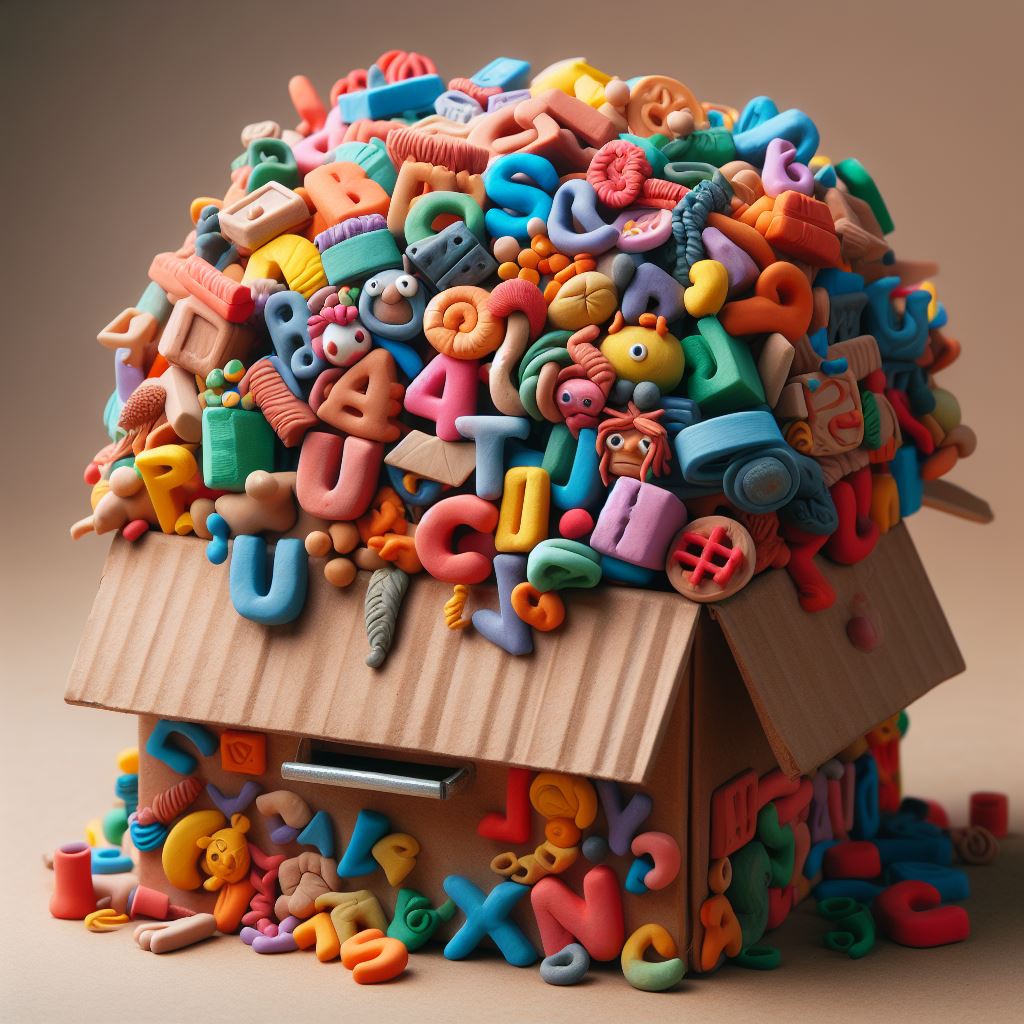Since 2018, Dyslexie Font has collaborated with the HOI Foundation to organize the Dutch Week of Dyslexia every first week of October. Our aim is to alter perceptions of neurodiversity and dyslexia by providing information to dyslexic individuals, parents, children, teachers, and businesses.
IS DYSLEXIA A LEARNING DISABILITY
Dyslexia from a Neurodiversity Perspective
Dyslexia poses challenges to accurate and fluent word recognition, spelling, and decoding skills. Unlike traditional views that label it as a learning disability, let's explore dyslexia from a neurodiversity perspective, recognizing its impact on specific language skills and embracing alternative learning methods.
DEFINING DYSLEXIA
Dyslexia is more than a learning disability; it is a neurological condition affecting language skills, particularly reading, spelling, and word pronunciation. These challenges persist throughout a person's life, though their impact varies across different life stages. Dyslexia is not a reflection of intelligence; rather, it calls for tailored teaching methods to unlock the potential for successful learning.
UNVEILING THE CAUSES
While specific causes of dyslexia remain elusive, morphological and brain imaging studies indicate that dyslexic brains develop and operate differently. Individuals with dyslexia often struggle with recognizing speech sounds within words and connecting letters to these sounds, contributing to their reading difficulties. Importantly, dyslexia is not indicative of a lack of willingness to learn; with appropriate teaching methods, individuals with dyslexia can learn successfully.
SIGNS AND SYMPTOMS
The manifestations of dyslexia vary in severity and quality of education. Challenges in word recognition, reading fluency, spelling, and writing are common. While some may excel in early reading and spelling tasks, difficulties arise with more complex language skills, such as grammar and essay writing. Communication issues may persist, impacting academic, professional, and social settings, and potentially affecting self-esteem.

ADDRESSING CHALLENGES
Understanding dyslexia encompasses recognizing difficulties in learning written language, creating systems for organizing words, memorizing information, and reading and spelling challenges. Dyslexic individuals may struggle with tasks like learning a new language, performing math operations, and managing longer reading assignments. It is essential to dispel myths about dyslexia, such as the misconception of reading backward, and instead focus on a comprehensive assessment of reading, language, and writing skills to validate a suspected diagnosis.
CONCLUSION
Approaching dyslexia from a neurodiversity perspective involves embracing diverse learning styles, such as visual and auditory methods, to accommodate the unique strengths of individuals with dyslexia. By dispelling stereotypes and understanding the neurological nature of dyslexia, society can better support and uplift individuals, fostering an inclusive environment where everyone can thrive.